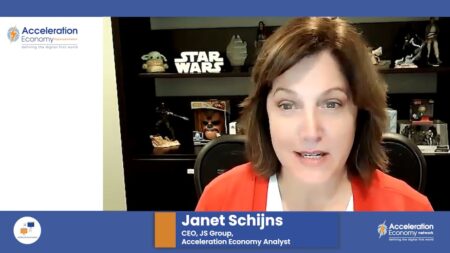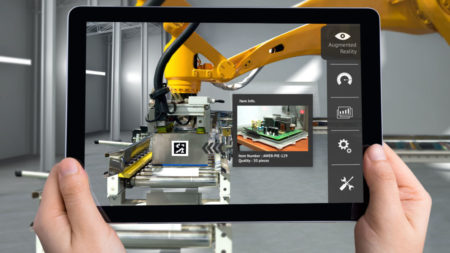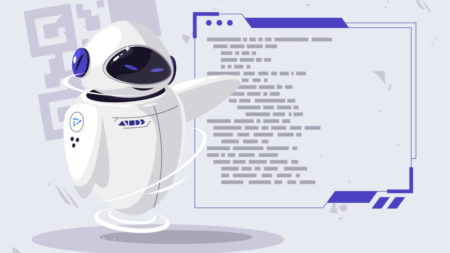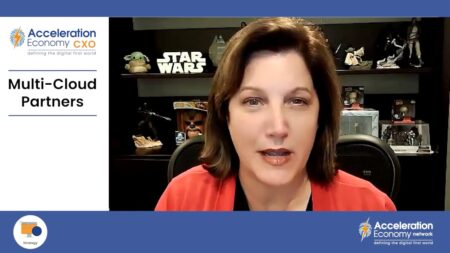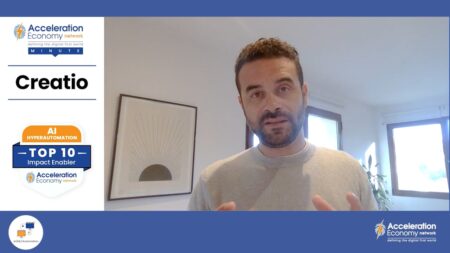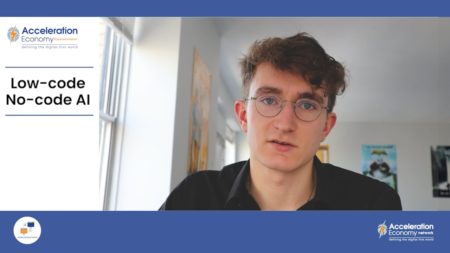With the rise of generative AI, companies with weak data exfiltration controls are at even more risk of inadvertent disclosure of data, explains Wayne Sadin.
Artificial Intelligence
CPOs can use tools like outcome-based agreements and agile contracts, among others, to help professional services companies make wise tech investments.
AI accuracy depends on the quality of the data it is fed. Toni Witt explores ways that datasets can be cleaned, or even generated, to make AI better.
Throughout history, technology has always been seen as a threat to livelihoods, but its disruptions have always led to more (and better) work opportunities.
Janet Schijns defines how AI apps, supported by partners, can automate everything from repetitive tasks to supply chains for better operational efficiency.
Corporate users need to take pause and consider the potential for bias before they move too quickly into generative AI. Analyst Wayne Sadin explains why.
Versapay’s CEO and national partner manager to discuss the financial technology company’s latest milestone: Signing its millionth customer.
Professional services organizations are in demand as customer needs shift rapidly. Scott Vaughan shares advice on how they can adapt and capitalize on the opportunities available.
By analyzing data that athletes generate on the field, AI-and machine learning-powered predictions are preventing injuries and resulting in optimized training regimens.
As AI progresses, concerns about ethics and standards increase. Ronak Mathur shares insights and tools for ethical AI technology and practices.
Recognized for customer service prowess a third straight year, UiPath highlights the tie between customer focus and business results.
John Siefert and Bob Evans host Suvajit Basu, CIO of GOYA Foods, a speaker at Digital CIO Summit, for a discussion on current supply chain challenges and innovations.
AI collects a lot of data, but it’s hard for many people to utilize, which is where augmented reality as a real-time, on-prem interface could supercharge its utility.
Wayne Sadin reports on the book “First Light of Day” by Michael Steep, describing possible implications of AI in the future.
Analyst and CISO Frank Domizio lays out how the accelerating use of artificial intelligence (AI) in cybersecurity can ultimately improve a company’s security posture.
ChatGPT’s ability to produce code has been overlooked in the media frenzy, but generative AI can make developers more productive, and focused, according to Bill Doerrfeld.
Janet Schijns explains why she encourages businesses to talk to a partner today about multi-cloud strategies if they aren’t already doing so.
The partnership enables both business and non-technical users to deploy applications over automated workflows and CRMs using Creatio’s no-code technology.
Professional services organizations need CFO leadership to maximize financial performance and growth, Tony Uphoff explains.
Toni Witt evaluates how low-code/no-code could lead to the democratization of AI and explores the impact that will have.






